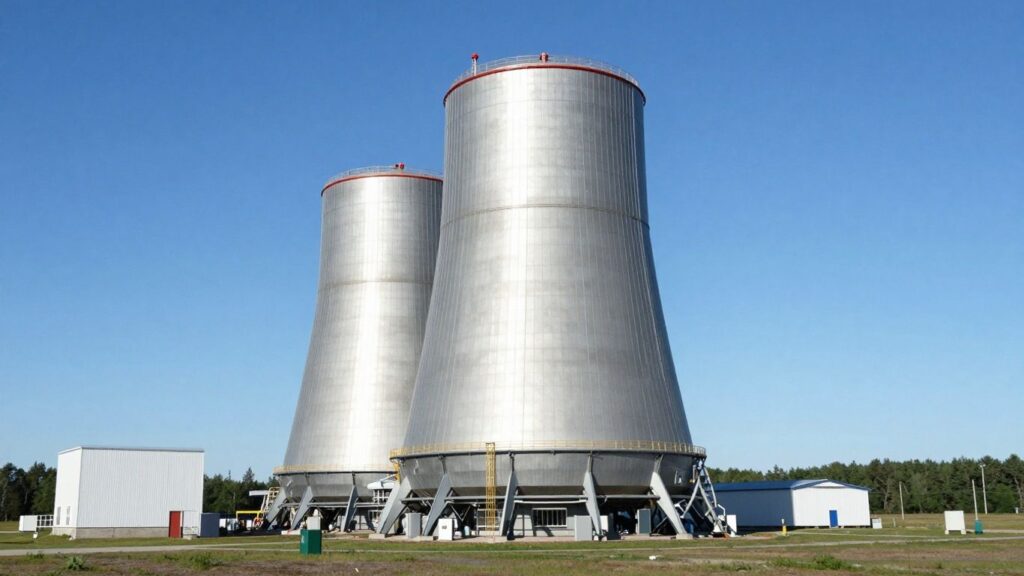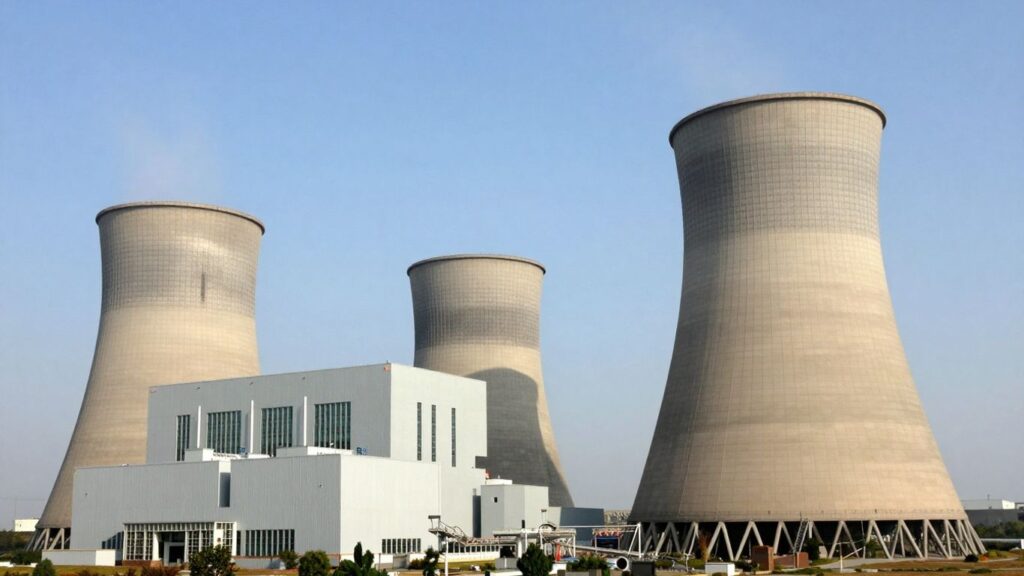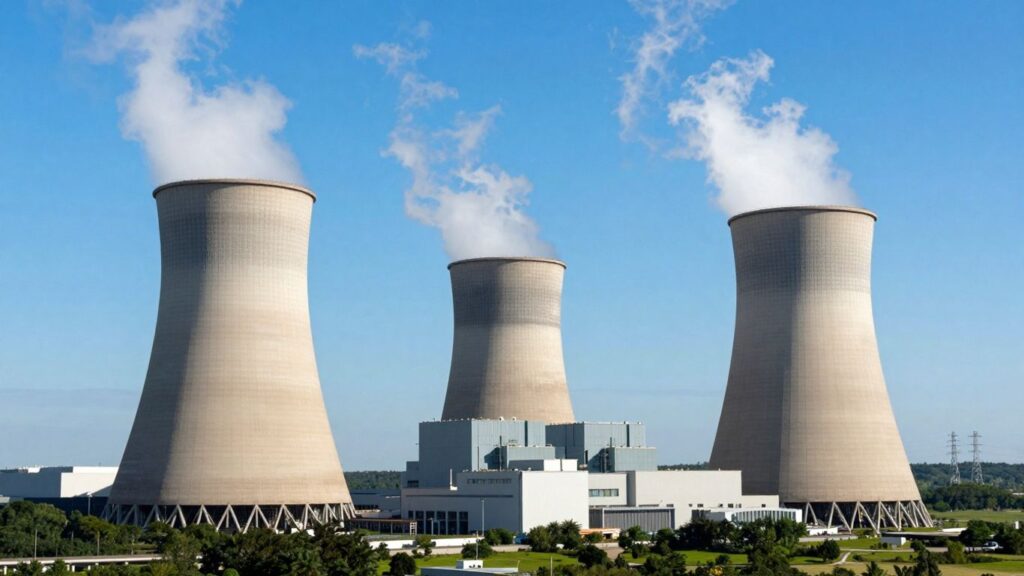Brigham Young University professors have developed a groundbreaking micro nuclear reactor design, promising a safer and more efficient method for nuclear energy production. This innovative system aims to address concerns about nuclear waste and safety, potentially revolutionizing the energy sector with a cleaner, more reliable power source.
Key Takeaways
- A new micro nuclear reactor design by BYU professors offers enhanced safety and efficiency.
- The system aims to mitigate traditional nuclear energy concerns like waste and meltdowns.
- This development could pave the way for more widespread adoption of nuclear power.
A Leap Forward in Nuclear Safety
The new design focuses on inherent safety features, drastically reducing the risk of meltdowns that have plagued older nuclear technologies. By utilizing a unique fuel form and a passive cooling system, the reactor can operate safely even in the event of a power failure, a significant improvement over existing designs.
Addressing Nuclear Waste Concerns
Beyond safety, the BYU team’s innovation also tackles the persistent issue of nuclear waste. Their reactor design is engineered to consume more of its fuel, thereby producing less long-lived radioactive waste. This could make nuclear energy a more environmentally sustainable option for the future.
Potential for Widespread Adoption
The compact nature and enhanced safety of this micro nuclear reactor make it suitable for a wider range of applications, including powering remote communities or industrial facilities. Its potential to provide consistent, carbon-free energy could be a game-changer in the global effort to combat climate change and meet growing energy demands.












